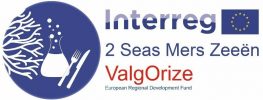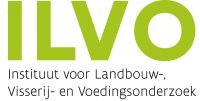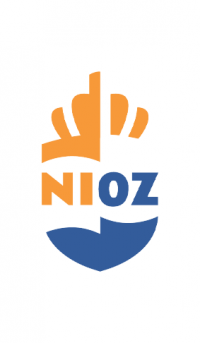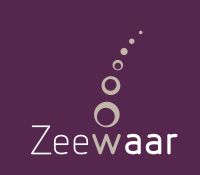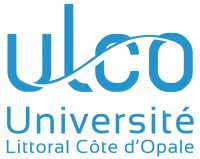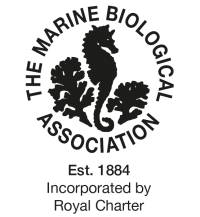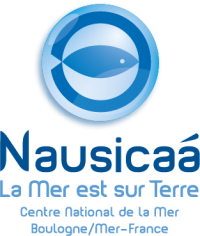About ValgOrize

Potential of seaweed and algae for nutrition
To feed the growing world population, 50 to 70% more food must be produced by 2050. The sustainable cultivation of marine organisms such as algae can play an important role in feeding the world. Their cultivation does not take up (agricultural) space and does not consume fresh water, both of which are scarce resources.
Algae and seaweed also contain many essential nutritional components:
- Proteins
- Amino acids
- Fatty acids
- Carbohydrates
Barriers to market introduction
Worldwide, approximately 90% of algae are used for food applications. In Europe, this is only 9%. A number of obstacles stand in the way of further introduction:
- Culture: algae are associated with biofuels and fodder in Europe, not with food
- Lack of knowledge about the taste, texture, colour and aroma of algae
- Lack of reliable supply of seaweed and algae to satisfy the requirements of food producers
The Interreg 2 Seas Project ValgOrize
ValgOrize was officially launched in February 2019 at a stakeholder meeting in Ostend and will run until the end of 2022. In total, 11 project partners are involved, including both companies and knowledge institutes. Together they aim to eliminate the abovementioned obstacles. That is why they are committed to research and sector development:
Research on flavour profile and flavour optimisation
- Analyse and characterise the flavour profile of popular types of seaweed and microalgae. To do so, a professional taste panel is trained to distinguish different flavours and aromas in different intensities.
- Investigate which factors affect the flavour profile. What role do the amino acids, polysaccharides, volatile compounds and pigments play in the colour, smell, taste or mouth feel of seaweed and algae?
- Test whether those factors can be influenced during cultivation, so that the taste of algae and seaweed can also be optimised.
Research on food safety and nutritional composition
- Investigation of the chemical and microbial safety of algae and seaweed
- Mapping of the nutritional composition of seaweeds and algae
Research on sustainable cultivation with zero waste
- Testing how algae are cultivated, harvested, processed, transported and stored for a long period of time, without compromising quality.
- To evaluate the overall durability of the algae production food, a scoring system will be developed.
- Research whether any residual flows can be valorised as feed. It is specifically examined whether the addition of algae in chicken feed affects the growth of the chickens and the quality of their meat and eggs.
Consumer acceptance and sector development research
- Economic feasibility study on scaling up
- Research into consumer market acceptance
Expected output
- Scientific insight into the flavour profile, the flavour factors, the food safety and nutritional value of seaweeds, algae and finished products.
- An open knowledge platform that bundles all knowledge gained. This platform should provide interested stakeholders with insight into the possibilities of local cultivation, processing and upscaling.
- Two demo production sites: one for seaweed and one for micro-algae.
- A roadmap for investors: How much money is needed to scale up the algae production from pre-commercial phase (the demos) to commercial stage?
Funding
This project is subsidised by the Interreg 2 seas programme 2014-2020 and co-financed by the European Regional Development Fund under subsidy contract Nr. 2S05-17.
